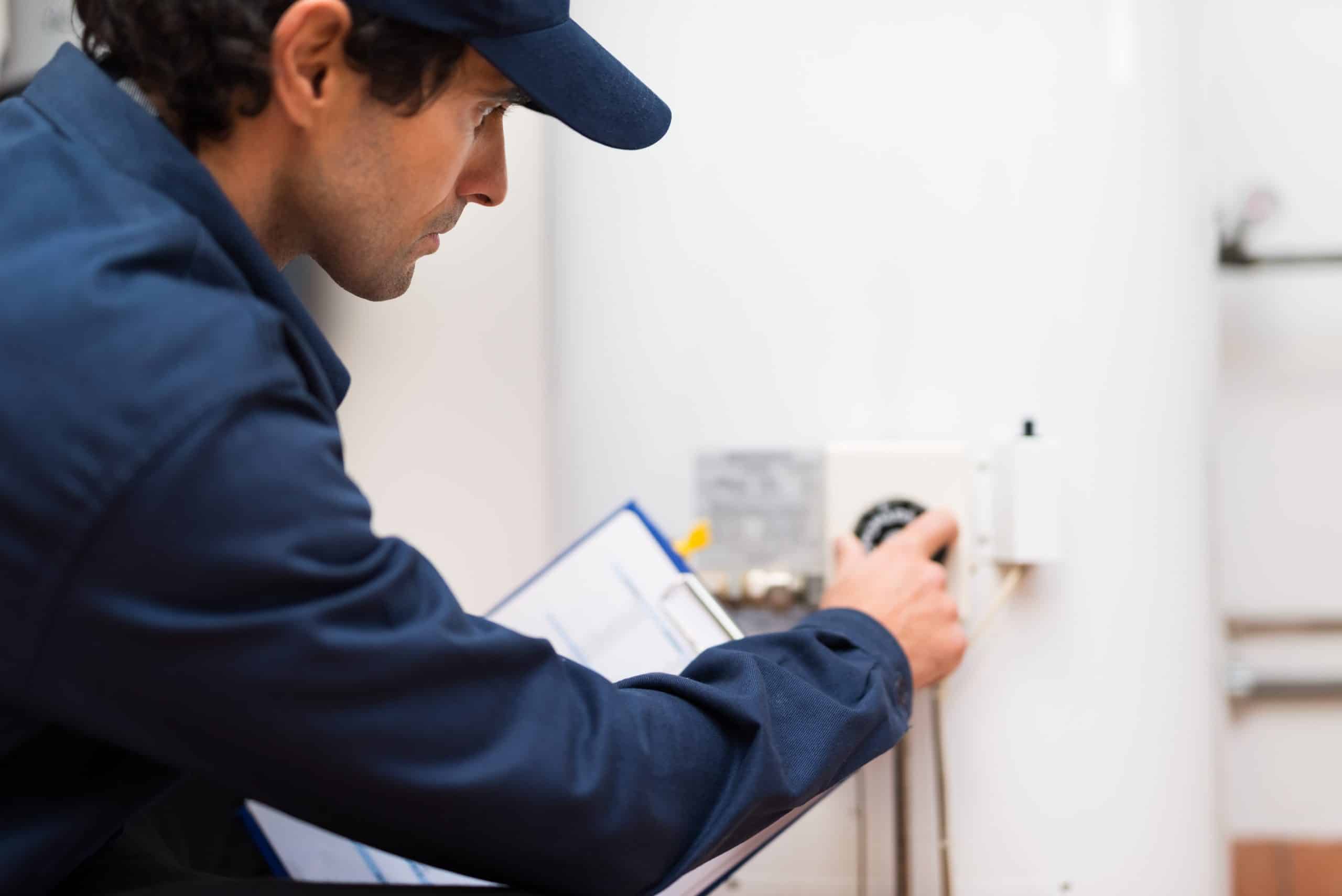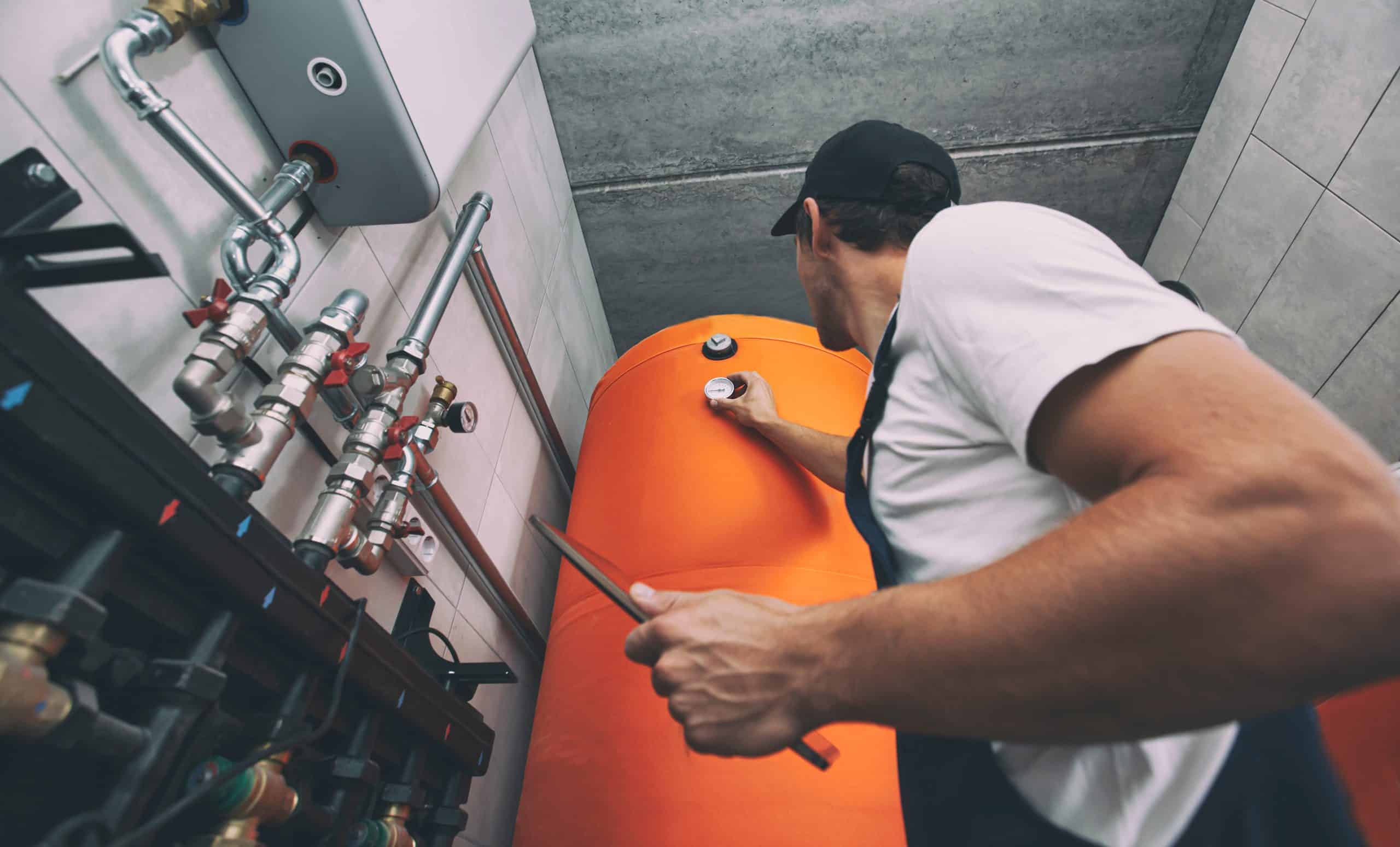Heat Pump Water Heaters

How They Work
Heat pump water heaters use electricity to move heat from one place to another instead of generating heat directly. Therefore, they can be two to three times more energy-efficient than conventional electric resistance water heaters. To move the heat, heat pumps work like a refrigerator in reverse.
While a refrigerator pulls heat from inside a box and sends it into the surrounding room, a stand-alone air-source heat pump water heater pulls heat from the surrounding air and transfers it — at a higher temperature — to heat water in a storage tank. You can purchase a stand-alone heat pump water heating system as an integrated unit with a built-in water storage tank and backup resistance heating elements. Additionally, you can also retrofit a heat pump to work with an existing conventional storage water heater.
Selecting a Heat Pump Water Heater
Heat pump water heater systems typically have higher initial costs than conventional storage water heaters. However, they have lower operating costs, which can offset higher purchase and installation costs.
Before buying a heat pump water heating system, you also need to consider the following:
- Size and first hour rating
- Fuel type and availability
- Energy efficiency (energy factor)
- Overall costs
Without a doubt, if you’re considering installing an integrated water heating system in your home, we’re happy to offer a free estimate.

Installation and Maintenance
Proper installation and maintenance of your heat pump water heating system can optimize its energy efficiency.
Proper installation depends on many factors. These factors include fuel type, climate, local building code requirements, and safety issues. Therefore, it’s best to have a qualified plumbing and heating contractor, such as the pros here at HOTCO The Hot Water Heater Company, install your heat pump.
Check out our Rebates page for information on how to save money!
Improving Energy Efficiency
After your water heater is properly installed and maintained, try some additional energy-saving strategies to help lower your water heating bills. Some energy-saving devices and systems are more cost-effective to install with the water heater.

